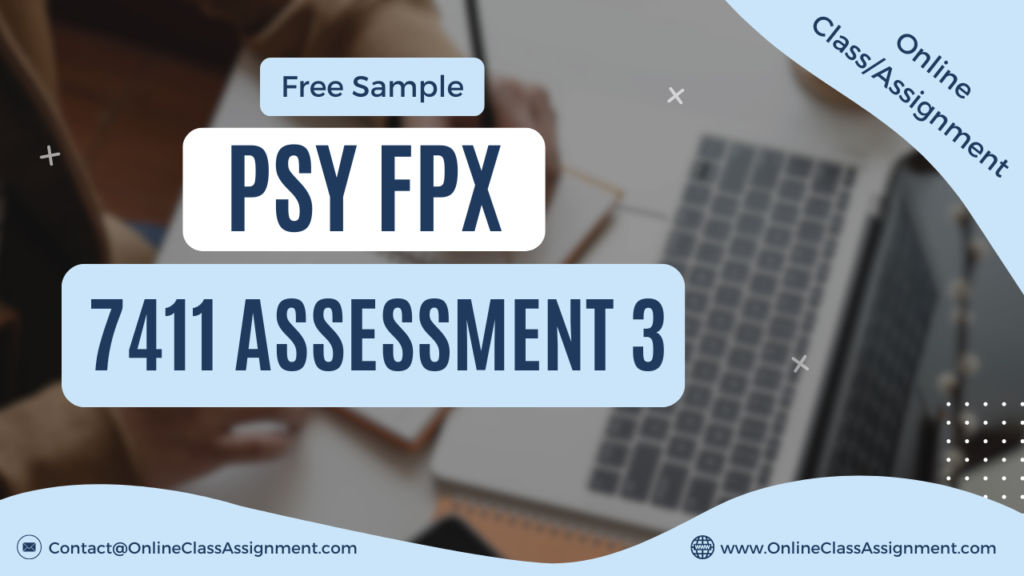
PSY FPX 7411 Assessment 3 Current Debate in Learning Theory
Student Name
Capella University
PSY FPX 7411 Learning Theories in Psychology
Prof. Name
Date
Debunking the Learning Styles Theory Myth
In his work, Newton (2015) underscores the widespread acceptance of the learning style theory, despite its classification as a “neuromyth” debunked by empirical evidence. The theory proposes that learners can be categorized into specific styles, like visual, auditory, converger, or kinesthetic, with tailored teaching methods purportedly enhancing learning outcomes (Newton, 2017). However, ample evidence refutes this notion, suggesting it persists due to a lack of awareness rather than empirical backing.
The Persistence of a Debunked Theory
Despite numerous studies discrediting the learning style theory, it continues to proliferate among educators and learners (Newton, 2015). This persistence is rooted in decades of indoctrination and insufficient critical examination. While some educators may find anecdotal support, empirical evidence contradicts its efficacy. Recent research papers endorsing its use indicate a concerning disregard for scientific findings (Newton, 2015).
Understanding the Learning Style Theory
The learning style theory suggests that individuals possess distinct learning preferences, such as visual, auditory, or kinesthetic, and teaching methods should align with these preferences (Newton, 2017). However, this oversimplified categorization overlooks the complexity of human learning, often involving a blend of multiple styles. While some individuals may prefer certain modalities, strict adherence to these categories undermines the richness of the learning process.
Origins and Spread of the Theory
The origins of the learning style theory date back to the 1980s, fueled by misunderstandings about behavior and cognition (American Psychological Association, 2019). Its rapid dissemination can be attributed to a culture valuing individualized education approaches without scrutinizing their effectiveness. Despite mounting evidence against its validity, a significant portion of educators still endorse its use, perpetuating misinformation (Digest, 2021).
The Potential and Pitfalls of the Theory
Proponents argue for the theory’s flexibility and adaptability under certain circumstances (Nancekivell et al., 2020). However, this view overlooks the lack of empirical support and potential harm. While its widespread acceptance may not have immediate negative consequences, it perpetuates flawed understandings of learning and teaching strategies (Digest, 2021).
Unraveling the Myth
Critical examination reveals fundamental flaws in the learning style theory. Kirschner (2017) contends that the theory confuses learning preferences with fixed learning styles, leading to misguided educational practices. Furthermore, studies purporting to support the theory often fail to meet scientific standards, casting doubt on their validity (Kirschner, 2017). The theory’s inherent ambiguity further complicates assessment, fostering misconceptions among educators and learners (Digest, 2021).
Implications for Education and Beyond
The perpetuation of the learning style theory has far-reaching consequences, particularly in fields reliant on evidence-based practices like psychology (American Psychological Association, 2019). Embracing a nuanced understanding of learning, one acknowledging the diversity of cognitive processes, is crucial for effective education and professional practice (Newton, 2017). By dispelling the myth of learning styles, educators can adopt more inclusive, evidence-based approaches to teaching and learning.
Conclusion
Despite its widespread acceptance, the learning style theory remains a myth lacking empirical support. Educators and learners must critically evaluate its validity and embrace a nuanced understanding of learning processes. By debunking this myth, educators can foster more effective, inclusive educational practices grounded in empirical evidence and tailored to individual needs.
References
American Psychological Association. (2019). Belief in learning styles myth may be detrimental [Press release]. Retrieved from http://www.apa.org/news/press/releases/2019/05/learningstyles-myth
PSY FPX 7411 Assessment 3 Current Debate in Learning Theory
Digest. (2021). The “Learning styles” myth is still prevalent among educators — and it shows no sign of going away. Retrieved from http://library.capella.edu/login?qurl=https%3A%2F%2Fwww.proquest.com%2Fblogs-podcasts-websites%2Flearningstyles-myth-is-still-prevalent-among%2Fdocview%2F2486091388%2Fse2%3Faccountid%3D27965
Kirschner, P. A. (2017). Stop propagating the learning styles myth. Computers & Education, 106, 166–171.
Nancekivell, S. E., Shah, P., & Gelman, S. A. (2020). Maybe they’re born with it, or maybe it’s experience: Toward a deeper understanding of the learning style myth. Journal of Educational Psychology, 112(2), 221–235.
Newton. (2017). Evidence-Based Higher Education – Is the Learning Styles “Myth” Important? Frontiers in Psychology, 8, 444–444.
PSY FPX 7411 Assessment 3 Current Debate in Learning Theory
Newton, P. M. (2015). The Learning Styles Myth is Thriving in Higher Education. Frontiers in Psychology, 6.
Get Capella University Free MS Psychology Samples
PSY FPX 5002
PSY FPX 6710
PSY FPX 5110
PSY FPX 6720
PSY FPX 6730
PSY FPX 6740
PSY FPX 7610
PSY FPX 6O15
